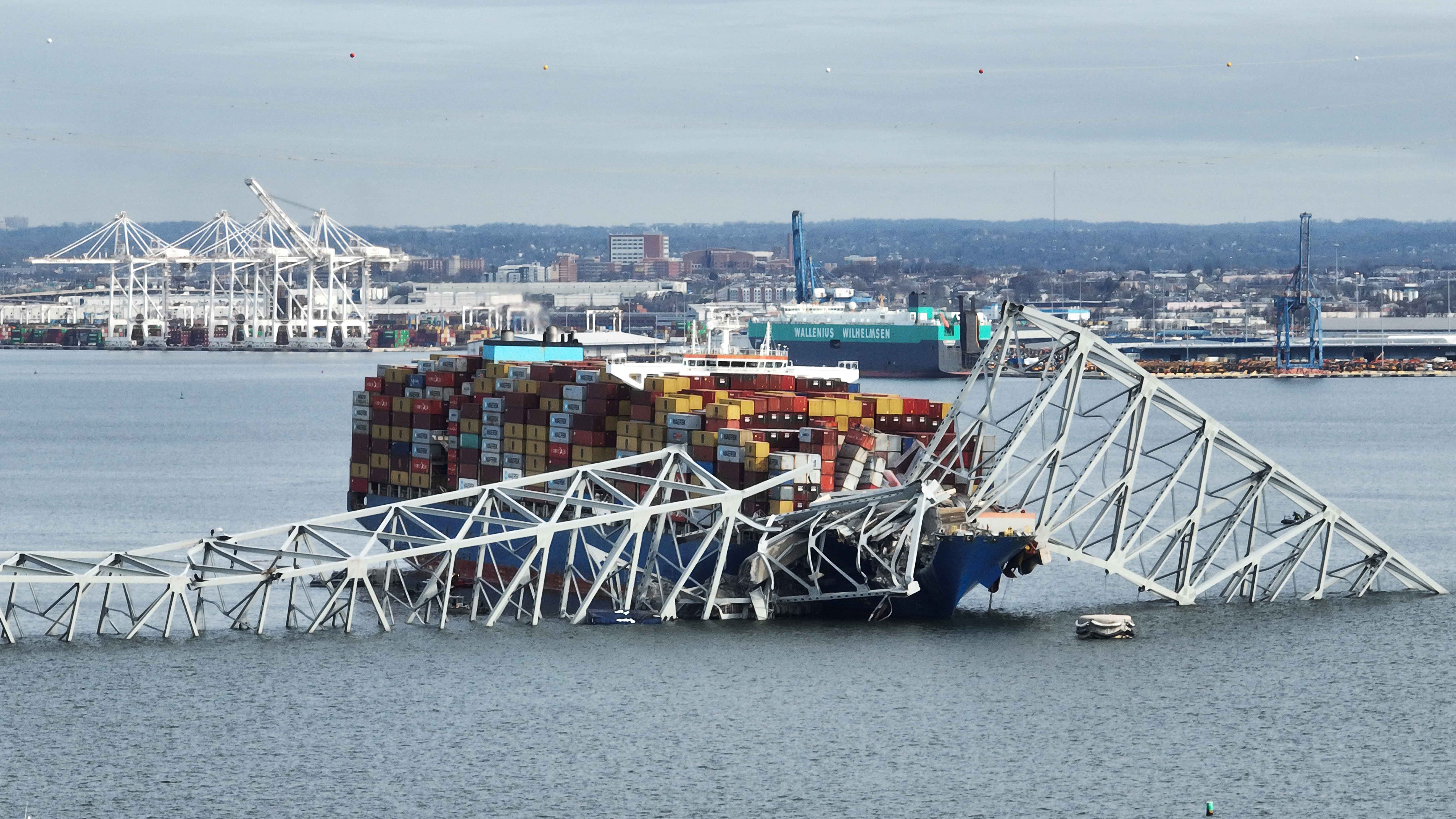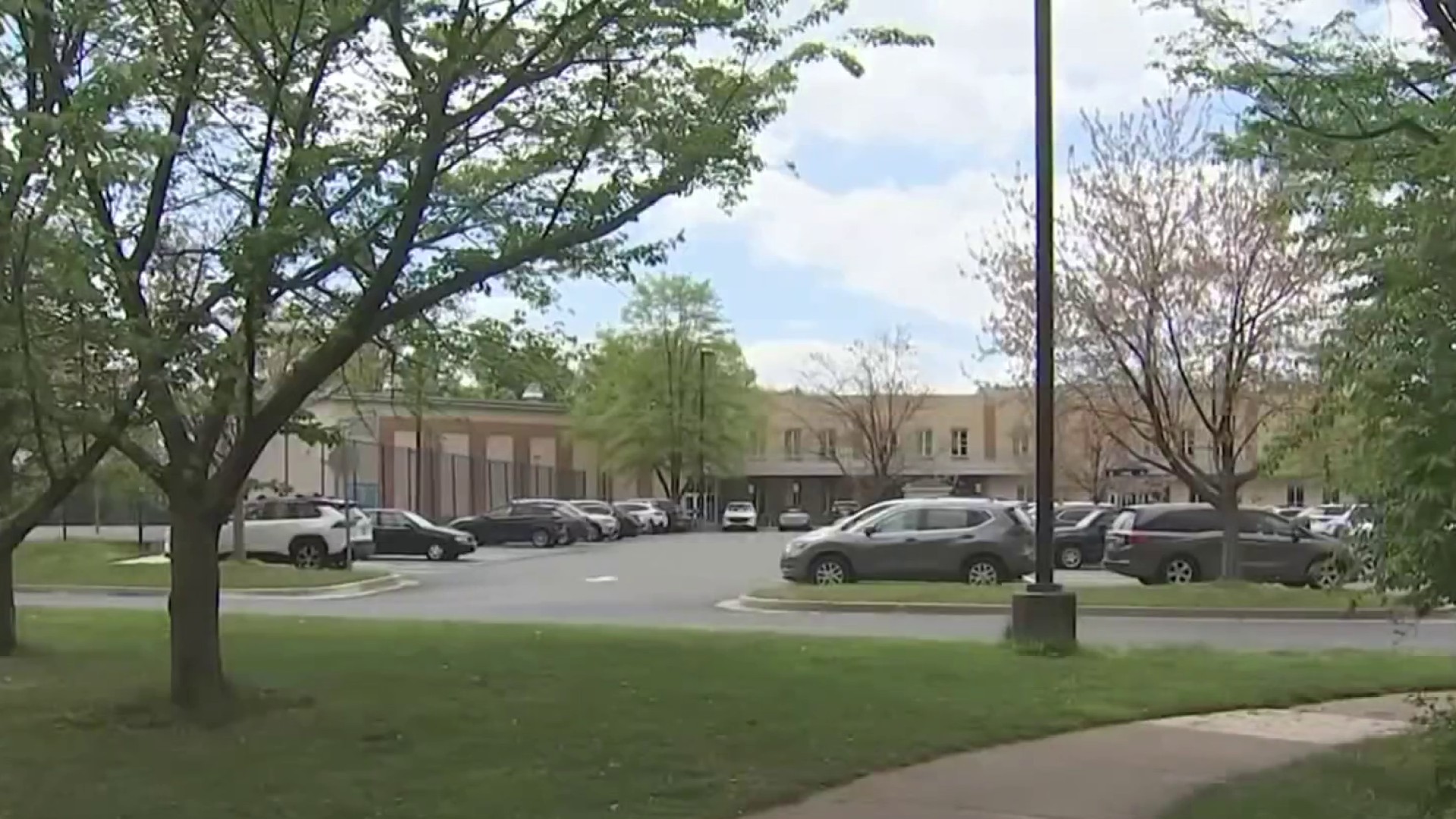From the front porch of their aunt's house in a tiny village in El Salvador, and with a Wi-Fi signal that's spotty at best, Diego and Lizandro Claros attempt to stay in touch with the world they were forced to leave behind.
Their parents and siblings are still in Maryland.
"It's really hard waking up in the morning and you don't see them. It's really hard," Diego Claros told News4 in a video interview via What's App.
The brothers came to the U.S. illegally in 2009, at ages 10 and 13. Their parents and older siblings had come a few years earlier. The boys have never been in trouble, but ICE deported them in August.
"We were handcuffed, ankle cuffed, they put a chain around our belt, and I mean it was literally as if we had killed someone," Lizandro Claros said.
A 19-year-old soccer star, he was checking in with ICE because he was getting ready to move to North Carolina to start college on a scholarship.
"All my dreams were put in the trash can, really," he told News4. "Everything I worked for, it was literally taken from me."
Local
Washington, D.C., Maryland and Virginia local news, events and information
Diego and Lizandro Claros lived in Maryland for nine years, and each graduated from Quince Orchard High School in Gaithersburg.
Now they'll continue their education at Keiser University, a US-based college in San Marcos, Nicaragua.
Neither has ever visited the country, and they have no family or friends there. What they will have is two soccer scholarships to continue their American education.
"It's an American school, so why not?" said Lizandro Claros, grateful for the opportunity, but adding that the brothers don't know what to expect when they get there.
They are optimistic, but not quite excited. They see education as their best chance back to the U.S. or maybe Canada.
Neither has decided on a field of study, but both are ready to be back on the soccer field, part of a real team again.
They have practiced on a small field in El Salvador but said it's not the same as the life they knew. El Salvador ranks as one of the world's most violent countries.
"Everything is completely different," Lizandro Claros said. "We can't go out, we barely have friends."
The brothers barely remember their life before they got to the United States. They thought they would get to live out the American dream; their removal would not have been a priority under the prior administration's policies.
"I feel that people that work hard and haven't committed any crimes, they deserve a chance," Lizandro Claros said.
Now with their family an ocean away, they still say they have hope.
But with U.S. immigration laws changing every day, they don't know if they'll ever make it back. The magnitude of that remains top of mind.
"Our futures are not here or in Nicaragua, it's in the U.S.," the brothers said. "That’s where we spent most of our life."



